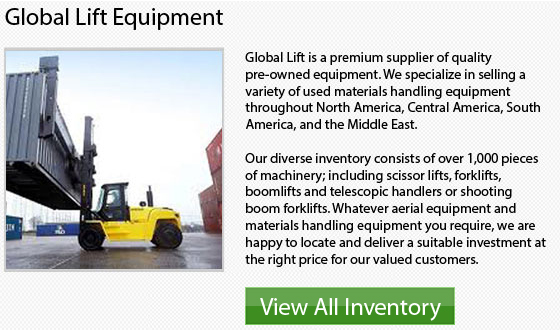
The number of decisions that has to be made when choosing a new or used forklift could really be overwhelming, regardless if you are thinking of expanding your business fleet of lift trucks or if you are beginning with your very first lift truck. There is such a wide variety of alternatives like electric models, internal combustion or IC engines or the newest hybrid lifts. Making time to know all your needs and get what you would like out of your machine in order to facilitate loading and unloading applications for your warehouse or dock is essential.
Of course a huge consideration like with most big purchases is the upfront cost. Be sure to think about the long term cost connected with operating your forklift. For instance, take note that your largest cost in this category is going to be the expense to fuel and run your forklift.
Diesel lift trucks provide some of the cheapest operating and fuel expenses among internal combustion forklifts on the market. These forklifts can out-power and out-lift your typical electric lift truck easily.
Like all lift truck varieties, there are many advantages and disadvantages associated with diesel forklifts. The following is a brief guide for buying diesel forklift units in order to help you cut through the confusion and help determine the model best for your needs. By knowing about the possible pitfalls, you would be prepared to make an educated purchase.
More than likely the largest benefit enjoyed with diesel forklifts is their low operating expense. Typically, diesel is the cheapest fuel alternative for internal combustion lifts. Though electric lifts are less expensive in the long run, they don't necessarily work the best outdoors.
On the other hand, though diesel lift trucks are great for outdoor applications, they can't be utilized properly indoors. The emissions from a diesel units could be hazardous if not properly ventilated in an indoor warehouse. Furthermore, diesel forklifts are significantly louder compared to their emission-free electric counterparts.